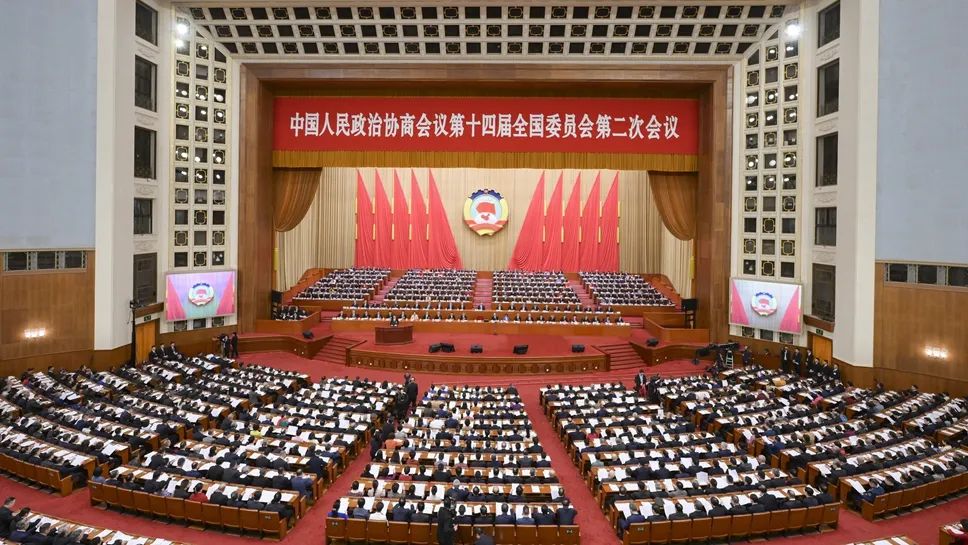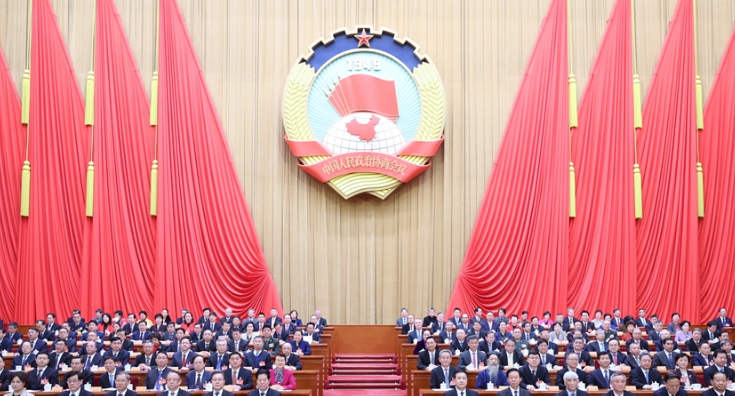CATTI-题库-真题-模拟-课程-直播
 天之聪教育
天之聪教育
 2013-04-11
2013-04-11
 天之聪教育
天之聪教育
 224次
224次


 点赞(0)
点赞(0)

 收藏
收藏

3月7日,十四届全国人大二次会议在北京梅地亚中心新闻发布厅举行记者会。中共中央政治局委员、外交部长王毅就中国外交政策和对外关系相关问题回答中外记者提问。
新华网&CGTN 2024-03-07 15:18:50
 收藏资讯
收藏资讯

根据会议议程,国务院总理李强代表国务院向大会作政府工作报告。报告共分三个部分:一、2023年工作回顾;二、2024年经济社会发展总体要求和政策取向;三、2024年政府工作任务。
新华网&CGTN 2024-03-05 20:56:56
 收藏资讯
收藏资讯

2023年是全面贯彻落实中共二十大精神的开局之年。以习近平同志为核心的中共中央团结带领全党全国各族人民,坚持稳中求进工作总基调,接续奋斗、砥砺前行,坚决克服内外困难,全面深化改革开放,新冠疫情防控平稳转段,高质量发展扎实推进,科技创新实现新突破,安全发展基础巩固夯实,民生保障有力有效,经济社会发展主要预期目标圆满完成,社会大局保持稳定,全面建设社会主义现代化国家迈出坚实步伐,极大增强了全国各族人民信心和底气。
新华网&CGTN 2024-03-05 18:18:43
 收藏资讯
收藏资讯

女士们、先生们,各位媒体朋友们,下午好!现在举行全国政协十四届二次会议新闻发布会。我们今天的发言人是全国政协十四届二次会议副秘书长兼新闻发言人刘结一先生。我是全国政协十四届二次会议副秘书长邹加怡,今天的新闻发布会由我来主持。坐在左边的这位是全国政协办公厅新闻局局长周北川先生,他会协助我点请记者朋友提问。下面,先请刘结一先生介绍全国政协十四届二次会议的总体安排,之后请媒体朋友们提问。
新华网&CGTN 2024-03-05 18:05:30
 收藏资讯
收藏资讯